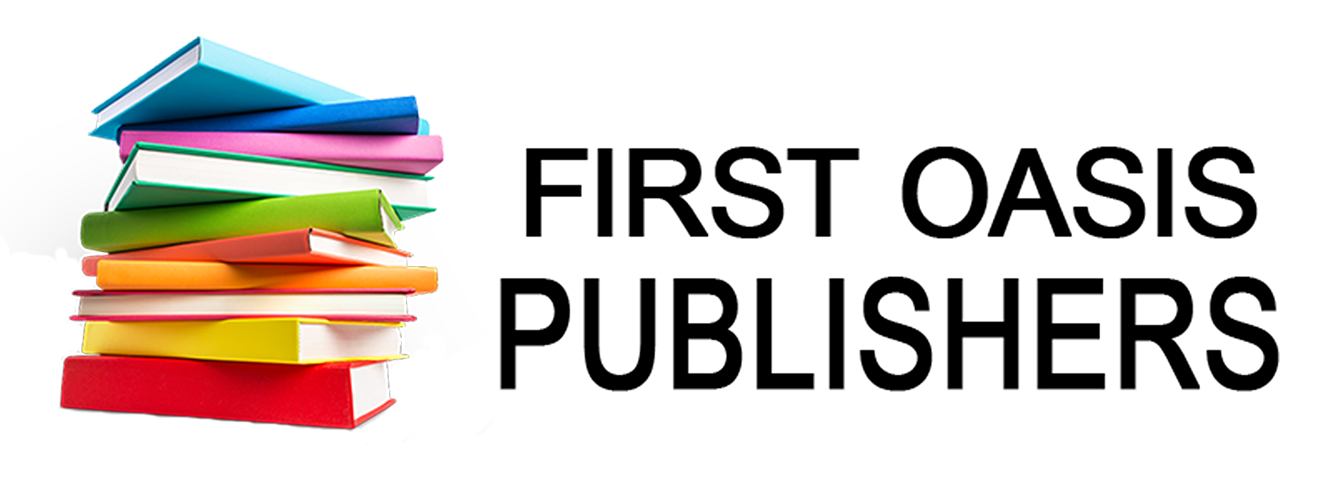A STUDY OF THE PHYTOCHEMICAL, ANTI-OXIDANT AND ANTI-INFLAMATORY PROPERTIES OF CLOVES (Syzygium Aromaticum).
Keywords:
Phytochemical, Anti-oxidant, Anti-inflammatory, Properties, CloveAbstract
Syzygium aromaticum, commonly called clove, is a culinary spice with medical uses with medical uses and its main constituents possess antimicrobial, antioxidant, anti-inflammatory, analgesic, anticancer, and anesthetic effects. In this study, the antioxidant activity, anti-flammatory activity and phytochemical constituent of Syzygium aromaticum’s flower bud were analyzed using three different extracts solvents (carbon tetrachloride, ethyl acetate and aqueous extract). The analyses were carried out using standard analytical methods. Phytochemical analysis was carried out using GC-FID while other parameter was assayed using spectrophotometer. The results showed that carbon tetrachloride extract possessed the highest phytochemical profile (22.311273ppm) while aqueous extract has the lowest phytochemical profile (9.8821797ppm). All the extract both in ABTS and ????2????2 scavenging activity are significantly low (p<0.05) when compared to their standards and as a result may not be a good anti-oxidant agents. Aqueous extract showed a strong lipid peroxidation scavenging activity with an average valve of 0.2987 umol/ml while carbon tetrachloride has the least valve of 0.1328 umol/ml when compared with each other. The highest DPPH capacity was shown by Carbon tetrachloride extract with the average valve of 89.7966% and the least is 86.332% ethyl acetate extract when compared with each other. In anti-inflammatory activity, the result shows that aqueous and carbon tetrachloride extract are not significant (p>0.05) mean they are good albumin anti-inflammatory agents while ethyl acetate is significant low (p<0.05) mean not a good anti-inflammatory agent when compared with aspirin (standard). In Heat induced Hemolysis, ethyl acetate extract is the only good anti-inflammatory agent because it is the only not significant extract (p>0.05) when compared with the standard while the other are significant (p<0.05). Carbon tetrachloride extract showed a strong Anti-proteinase activity because it is the only not significant extracts (p>0.05) when compared with standard in this assay. Therefore, the study shows that all the extract of clove syzyium aromaticum may not possess the better anti-oxidant properties while in anti- inflammatory property carbon tetrachloride extract possess a better anti-inflammatory property.
Downloads
Published
How to Cite
Issue
Section
License
Copyright (c) 2025 International Journal of Novel Research in Science, Technology and Engineering

This work is licensed under a Creative Commons Attribution-NonCommercial-ShareAlike 4.0 International License.


